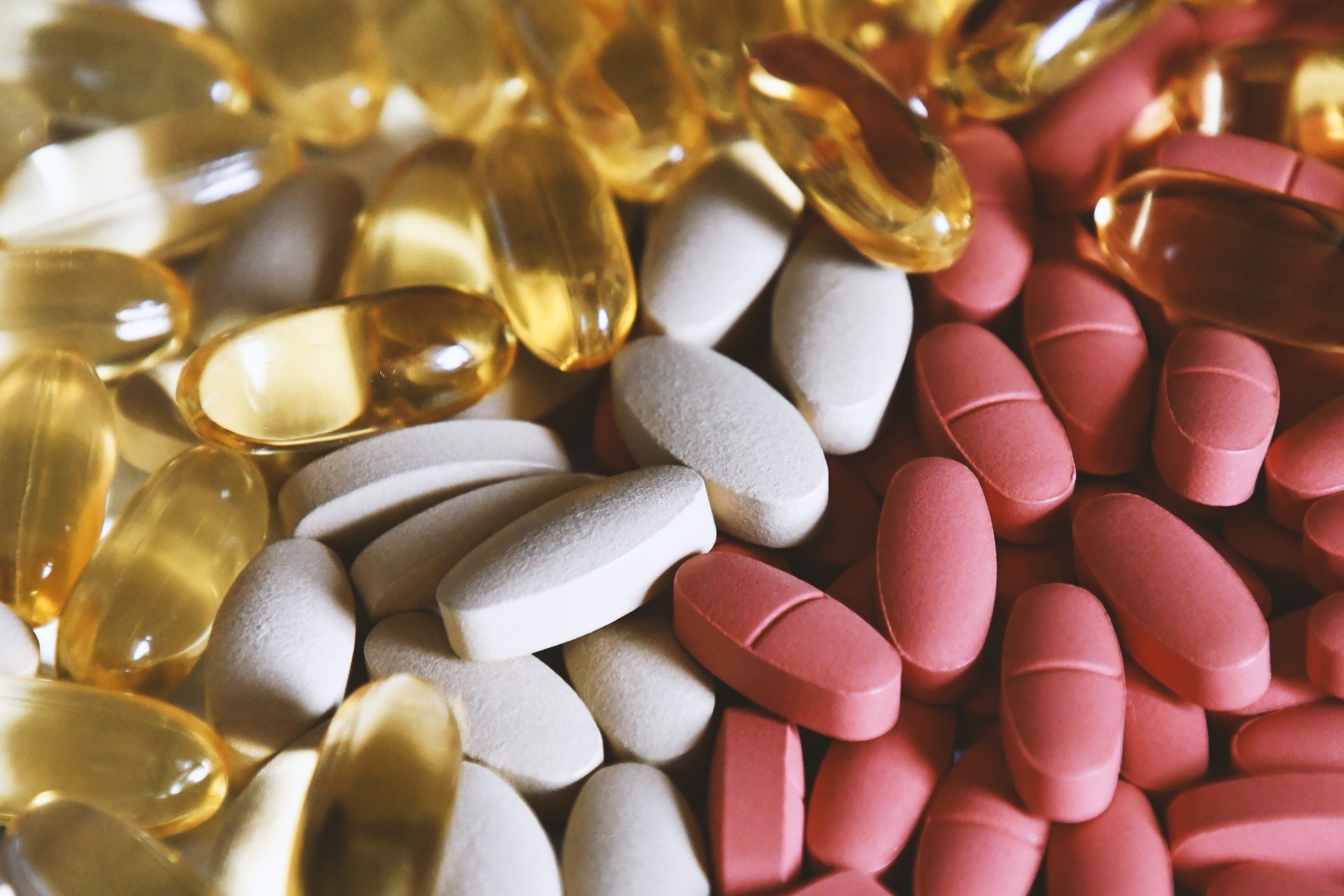Top 10 Herbal Supplements for Holistic Health
By Sky Goodwin

Herbal supplements have been used for centuries to promote health and well-being. They are derived from plants and are a cornerstone of holistic medicine, offering natural solutions to a variety of health concerns. Here’s a guide to the top 10 herbal supplements and their benefits, helping you make informed choices for your wellness journey.
1. Turmeric (Curcuma longa)
Turmeric, particularly its active compound curcumin, is renowned for its powerful anti-inflammatory and antioxidant properties.
- Benefits: Reduces inflammation, supports joint health, improves brain function, and enhances heart health.
- Usage: Commonly taken in capsule form or added to food as a spice.
2. Ashwagandha (Withania somnifera)
Ashwagandha is an adaptogen, meaning it helps the body manage stress and maintain balance.
- Benefits: Reduces stress and anxiety, improves energy levels, boosts immunity, and enhances cognitive function.
- Usage: Available in capsules, powders, and tinctures.
3. Echinacea (Echinacea purpurea)
Echinacea is well-known for its immune-boosting properties and is often used to combat colds and infections.
- Benefits: Strengthens the immune system, reduces the duration of colds, and has anti-inflammatory effects.
- Usage: Typically consumed as a tea, tincture, or in capsule form.
4. Ginseng (Panax ginseng)
Ginseng is a popular herbal remedy known for its energy-boosting and stress-relieving properties.
- Benefits: Enhances physical performance, reduces fatigue, improves cognitive function, and supports the immune system.
- Usage: Available in capsules, teas, and extracts.
5. Ginkgo Biloba
Ginkgo biloba is one of the oldest living tree species and is used to enhance cognitive function and circulation.
- Benefits: Improves memory and concentration, supports brain health, and promotes healthy circulation.
- Usage: Commonly taken in capsule or extract form.
6. Milk Thistle (Silybum marianum)
Milk thistle is a powerful herb for liver health, thanks to its active compound silymarin.
- Benefits: Protects liver cells, promotes detoxification, and supports skin health.
- Usage: Available in capsules, tinctures, and teas.
7. Saw Palmetto (Serenoa repens)
Saw palmetto is often used to support prostate health and balance hormone levels.
- Benefits: Improves urinary function, supports prostate health, and may help with hair loss.
- Usage: Commonly taken in capsule or extract form.
8. Peppermint (Mentha piperita)
Peppermint is known for its digestive benefits and soothing properties.
- Benefits: Relieves digestive issues like bloating and gas, reduces headaches, and alleviates muscle pain.
- Usage: Consumed as tea, in capsules, or applied topically as an essential oil.
9. Chamomile (Matricaria chamomilla)
Chamomile is a gentle herb known for its calming effects and ability to promote restful sleep.
- Benefits: Reduces anxiety, promotes sleep, soothes digestive issues, and has anti-inflammatory properties.
- Usage: Commonly taken as a tea or in capsule form.
10. St. John’s Wort (Hypericum perforatum)
St. John’s Wort is widely used for its mood-enhancing and antidepressant effects.
- Benefits: Alleviates symptoms of depression and anxiety, improves mood, and supports nervous system health.
- Usage: Available in capsules, tinctures, and teas.
Incorporating Herbal Supplements into Your Routine
When incorporating herbal supplements into your routine, it's important to:
- Consult with a Healthcare Provider: Especially if you have existing health conditions or are taking medications.
- Choose High-Quality Products: Look for reputable brands and standardized extracts to ensure efficacy and safety.
- Start Slowly: Introduce one supplement at a time to monitor its effects on your body.
Herbal supplements offer a natural and holistic approach to enhancing your health and well-being. By understanding the benefits and uses of these top 10 herbs, you can make informed decisions to support your wellness journey. Remember, the key to holistic health is balance and harmony, so listen to your body and choose what works best for you.





